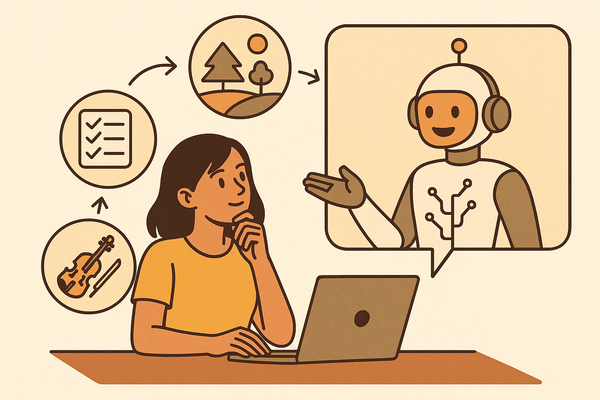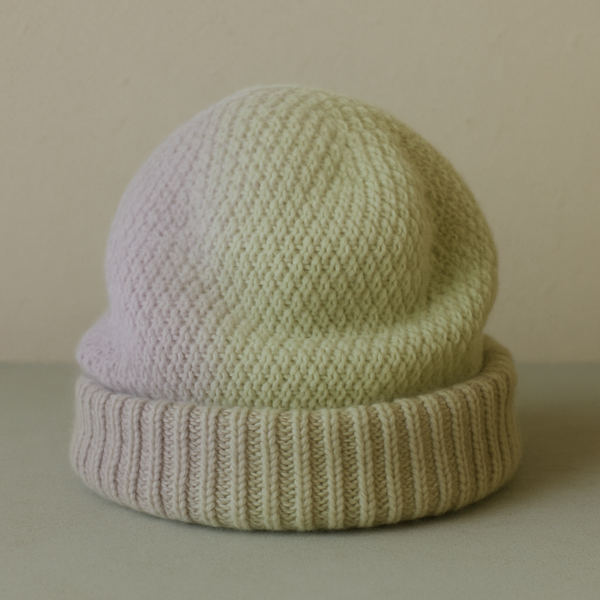The Micro-Experiment Portal: Your Life as a Research Project

What we call the Micro-experiment Portal, or the Experimental Self, was already around 300,000 years ago when Homo Sapiens first appeared on the Savannahs of Africa. Roaming around the dangerous landscape, hominids had to test everything, to examine every footprint and analyze every sound to see if they signalled the existence of predator or prey.
Believe it or not, we can revisit this ancient past today. The following video shows a hunting expedition conducted by the Hadzabe tribe of Western Tanzania. Note how each member checks everything constantly: the smells in the air, the crackling of the leaves underfoot, the sight of fresh animal tracks on their path. https://www.youtube.com/watch?v=AVyGoR-jMNA
We all lived this way thousands of years ago.
Testing every new experience minute by minute to extract the most meaning and fulfillment out of it is still a good idea today. The poster child for such a way of living is-- your dog! As Savithri Patel has pointed out "When you take your dog for a walk, Pooch typically has a much more sensually rich and perceptively insightful experience than you. She filters through a thousand scents to derive the essence of a hundred stories concerning predators, fellow canines, and leftover meals. Whereas you probably recycle a few dozen thoughts that also occured yesterday. Despite your pride derived from owning a brain that has many more advanced capabilities than Fido's, her attention to pulling as much research and mystery out of the present moment means she has a better time on the walk than you."
Children have this same sense of continual wonder until they reach school age and have it bred out of them.
Unlike the scientist in the laboratory who is intent upon proving a hypothesis, effecting a cure, or improving an invention, the kind of Micro-experimentation we're discussing does not have a goal. Or rather, it has dozens of mini-goals that occur in the moment, expressed by questions like "what happens if I do THAT? Why does THIS taste like it does, and what if I change it a little bit? What happens if I say THIS to the next 5 people I meet?" Seeing every moment as a new exploration was something you did effortlessly as an infant, and there is no reason you can't revive the practice now. But now because of your vaster store of life experiences and knowledge, you will discover things no infant could conceive of.
You can play with micro-experimenting in your own life, and you can also do it with others online.
For years we have researched hundreds of tools for this. We use the following as a group during weekly Zoom calls.
The Zooniverse is the world’s largest and most popular platform for people-powered research. This research is made possible by volunteers — more than a million people around the world who come together to assist professional researchers. Our goal is to enable research that would not be possible, or practical, otherwise. Zooniverse research results in new discoveries, datasets useful to the wider research community, and many publications.
AHA members use Zooniverse to join in valuable research projects at any time, usually for just a few minutes per week. The goal is to keep the Micro-experimental portal engaged, knowing that it is discovering things no one else every has. There are many projects that accomplish this; some of our favorites are:
The Atlas Project-- Helping CERN researchers look for signs of massive, long-lived particles produced in the large Hadron Collider in Geneva, which could herald a new era in physics.
https://www.zooniverse.org/projects/reinforce/new-particle-search-at-cern
By comparing photos of fossil Gingko Biloba leaves with today's living ones, participants can help determine the rate of climate change over the past few million years. https://www.zooniverse.org/projects/laurasoul/fossil-atmospheres
Scistarter.org is another organization that sponsors citizen-run research projects.
Among our favorites is the Online Memory Training Study, sponsored by the UC Riverside Brain Game Center and the UC Irvine Working Memory and Plasticity Lab. You can join it at https://scistarter.org/online-memory-training-study
Also from Scistarter is Lookit, from the MIT Early Childhood Cognition Lab. This project invites parents to perform a web-based activity with their child to learn more about how children learn about the world. What's significant about this is that parents discover new things about their children's cognition while also helping to advance science.
There are many more programs offered on these websites. Participating in a few of them fosters an intense curiosity in one's own moment-to-moment experience— which means you may catch up to your dog in the ability to enjoy walks!



